Mamma Mia! Here We Go Again
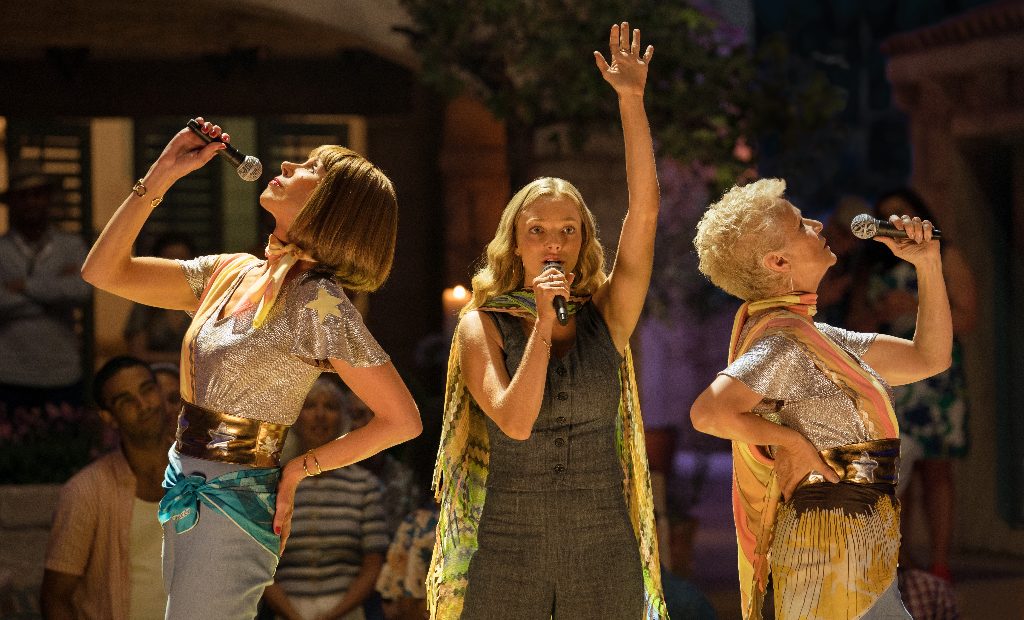
Here we go again indeed! It’s hard to believe that it has been all of a decade since the first frivolous instalment of the romantic musical comedy flew onto the silver screen, intoxicating Abba fanatics and sending super-fans into a frenzy not too dissimilar to the latter hours of a wedding reception, when that one older relative truly does believe they are the dancing queen. With practically the entirety of the original cast signing up for a reprise along with the support of new and younger additions, the encore to Phyllida Lloyd’s 2008 Mamma Mia! has arrived to sweep you off your feet once more with an unashamedly cheesy yet enjoyable singalong return to the Greek Island of Kalokairi.
Mamma Mia! Here We Go Again acts as a sequel, prequel and origin story to its predecessor, with the film taking place both five years after the events of its forerunner and back in 1979, when a young Donna (Lily James) seeks adventure and freedom away from the constrictions of society. Leaving friends Tanya (Jessica Keenan Wynn) and Rosie (Alexa Davies), she travels across Europe, encountering familiar acquaintances – also of the younger, more rebellious ilk – for the first time. Whilst questions are asked and answered as Donna lives out her wild youth, it is her young daughter Sophie (Amanda Seyfried) who holds down the present day narrative, aspiring to fulfil her mother’s dream of renovating her run-down shell of a house into a hotel, whilst also facing a clash of careers with her husband Sky (Dominic Cooper).
When it comes to plot density, there is about as much as the first picture – meaning relatively little to none – yet oddly enough this lack of substance proves virtually irrelevant when you consider what the real premise of this second feature is. When released ten years ago, Mamma Mia! received comparatively mixed reviews, with a grounding conclusion that it was a fan-pleaser. However, the entertainment value of the movie was incontestable; the stage show’s popularity soared so greatly that it now holds its head high as the seventh longest running West End show ever. The sequel appears to follow the traits of its precursor, with a storyline seemingly written around the musical numbers as opposed to leading the content for 114 minutes, but once again, it does somehow click together.
With some excellent performances from a number of cast members both old and new, most notably the frighteningly uncanny renditions of younger counterparts from James, Hugh Skinner, Josh Dylan, Keenan Wynn and Davies to name a few, the piece moves at a steady tempo given the lack of script depth, with predictable musical numbers feeling inevitable yet eagerly anticipated throughout. Surprisingly, there are even moments of sentiment and emotional value which come as a shocking yet welcome junction. Robert Yeoman’s cinematography is much sleeker than Haris Zambarloukos’s previous work, making interjections between past and present and proving smooth, palatable and aesthetically pleasing to the eye when combined with a vibrant colour palette reminiscent of both Grecian culture and 80s fashion.
It’s hard not to feel that money, money, money is the sole motivation for the creation of this sequel, yet despite its weaknesses and shallow meandering, it does successfully entice its target audience, cavorting with them into a giddy and sentimental state of pure happiness and pleasure. Heeding advice, the second instalment doubles up on what made the first movie so delightful for some viewers whilst removing some key areas that failed to impress (you’ll be pleased to hear more Seyfried and a little less of Pierce Brosnan’s vocal capacity). Adding younger, more vibrant cast members to the team creates a more rounded ensemble, although a lack of diversity still seems a curious recurring element. More so is the lack of Meryl Streep until the third act, a decision abruptly explained in the early scenes, yet still one that appears to have very little purpose. You can’t help but miss the cinematic icon’s on-screen presence and the warmth that was so heartening in the first feature, and other than adding to Seyfried’s comparative journey into motherhood, the mind does question if another dynamic could have been added to the script should Streep have featured more heavily. Alas, we may not know why, but there could well be greater reasons and calendar clashes behind her notable absence.
Musically, the repertoire runs a little bare, with familiar songs making an understandable return along with the additions of When I Kissed The Teacher; Andante, Andante; The Day Before You Came and Fernando – delightfully and humorously performed by Cher and Andy García. As expected, Mamma Mia! Here We Go Again provides laughs all round and there is a general feel-good aura woven into the heart of the picture. To sum it up in one easy sentence: if you loved the first film, you’ll certainly adore this one.
Guy Lambert
Mamma Mia: Here We Go Again is released nationwide on 20th July 2018.
Watch the trailer for Mamma Mia: Here We Go Again here



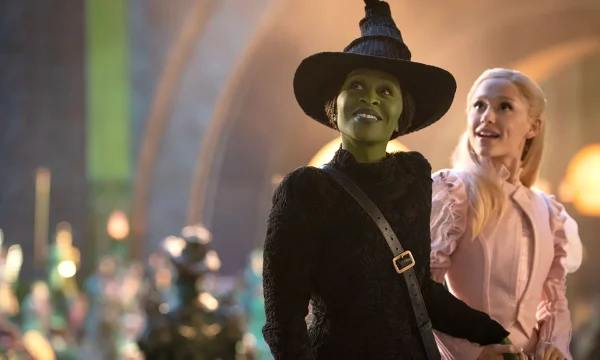
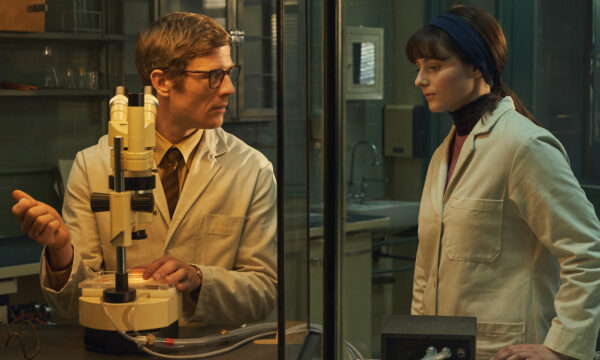
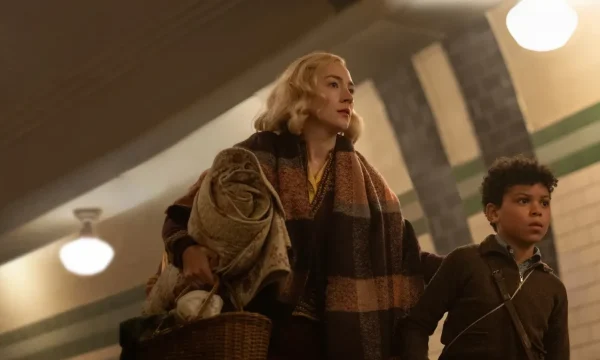
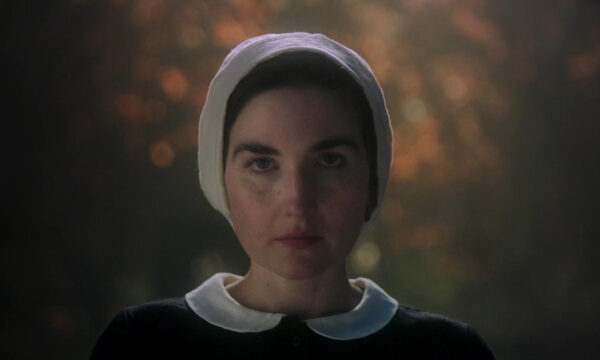

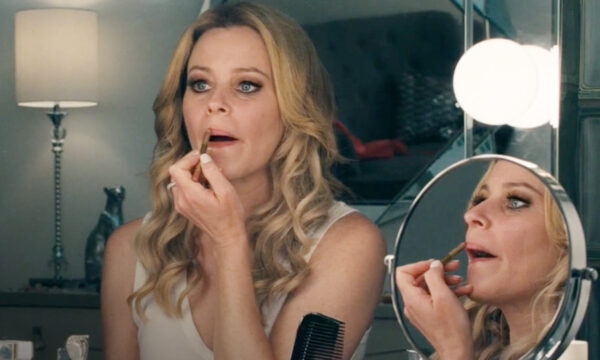
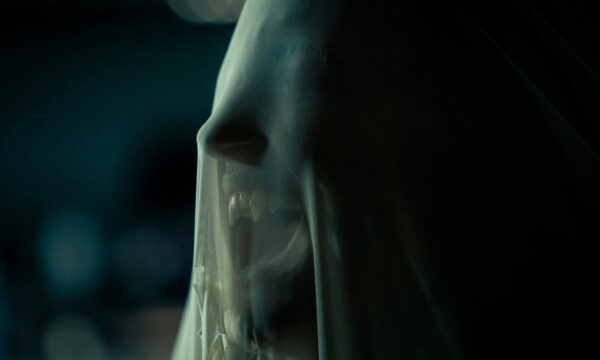










Facebook
Twitter
Instagram
YouTube
RSS